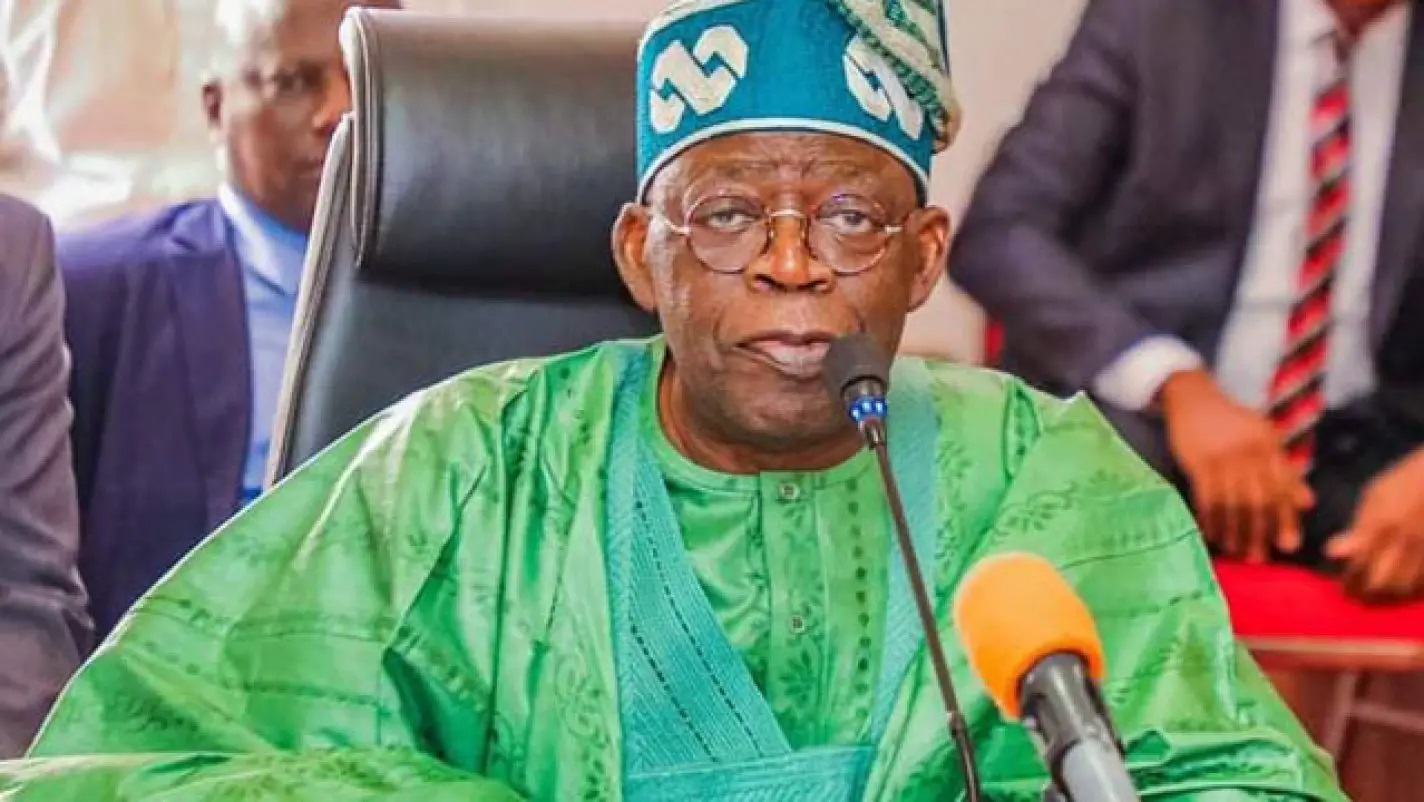Recently the list of nominees for the 2024 Grammy Awards was announced with five prominent Nigerian artistes namely, Burna Boy, Davido, Asake, Olamide and Ayra Starr making the list.
The Grammy Awards are presented by the American Recording Academy in recognition of outstanding achievements in the music industry and regarded by many as the most prestigious awards in the global music industry.
Nigerian artistes Burna Boy and Wizkid first won the Grammys at the 63rd occasion of the event in 2021 in different categories. Burna Boy won it for his original work ‘Twice as Tall’ in the category of Best Global Music Album, while Wizkid clinched it in a collaborative work with singer Beyonce under the Best Music Video category with ‘Brown Skin Girl’ from the hit film series Lion King: the Gift Album. Since then, Nigerian artistes have never failed to make the nomination list for the Grammys which underscores the growing trend in the country’s reckoning as a major spot in contemporary global entertainment.
Indeed, even before being recognised by the Grammys, Nigerian artistes had already established themselves as reputable musical and cultural icons of entertainment with their musical craft and performance all around the world. In this regard, event organisers have continued to seek Nigerian artistes to perform in musical shows and concerts, sporting events and related shows before packed and enthusiastic audiences and crowds.
- Supreme Court affirms Eno as Akwa Ibom gov
- Edugate: CISLAC rejects appointment of Enitan as humanitarian affairs ministry overseer
In doing this, our artistes are not only helping to promote and establish Nigeria’s Afrobeat’s genre of music with which they are now known in the world; they are also in the process projecting Nigeria’s soft power potential on the global stage. The clear manifestation of this can be found in the mega status of Nigerian artistes not just in Africa where some of them have easily become household names, but also around the world where they are regarded as cultural icons.
This is a salutary development which helps to draw away the erroneous negative image of Nigeria portrayed by some sections of the global media.
That our artistes have achieved all these mostly through collaborative efforts running through the entire value chain of the music industry is one of the significant points to note about this development. Although it has to be stated that the government had provided the enabling environment for the operation of the industry through positive legislation and policies, most of the initiatives in terms of funding and capital investment, talent spotting, training, equipment and technical input are sourced from within the industry. This in many ways spurs the necessary creativity which has helped to generate growth and development in the industry.
With regards to what we have seen so far of the music industry in Nigeria, there is even more potential for growth. Most of the artistes got their achievements through rigorous personal application most often with little encouragement. They have to bear the brunt of rejection from parents and others. They are often cheated of their royalties and entitlements by record companies, promoters and marketers. A lot of them work for years without breaking even and pirates are all too ready to hijack their works.
For all the salutary development this sector has brought to the country, the government needs to do more to assist it to realise its full potential. The industry presently has grown into a multi-billion-naira sector generating thousands of employment opportunities for all kinds of skills that cut across the sector. When it is considered that a preponderant number of the players in this sector from the artistes, workers, to customers of its products are made up mostly of the youth, it becomes necessary for the government to take strategic steps to improve its operations. There should be better recognition for those that achieve the laurels and awards. During the colonial days, some of our musical icons like the late Mamman Shata, Dan Maraya Jos, Victor Uwaifo, Ebenezer Obey, and Bobby Benson were given awards of recognition and celebrated right here in Nigeria. The government should create a hall of fame and induct such achievers for proper recognition.
A country’s development is not measured by industrial production or service alone. There is always room for the creative sector which showcases a country’s ability and capacity to be creative and innovative, thereby adding value to its existence. The music industry plays a very important part in this. But so too do the sports, film and the literary fields. While the music industry has soared in recent years, the film and other creative fields have lagged behind. We urge the government, the private sector and well-meaning Nigerians to work towards harnessing and projecting Nigeria’s soft power potential onto the world.

 Join Daily Trust WhatsApp Community For Quick Access To News and Happenings Around You.
Join Daily Trust WhatsApp Community For Quick Access To News and Happenings Around You.